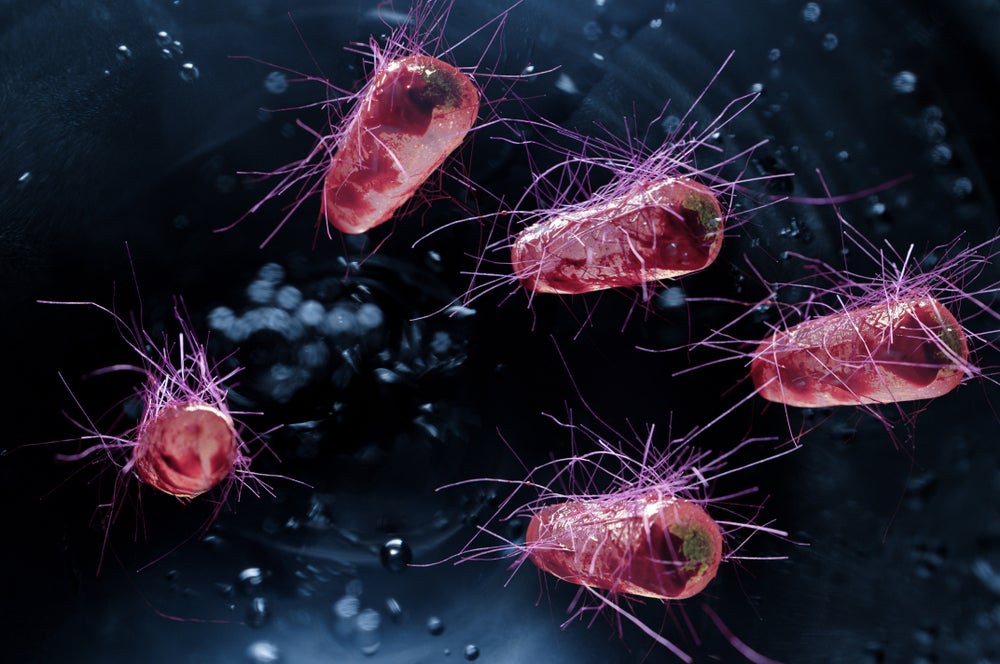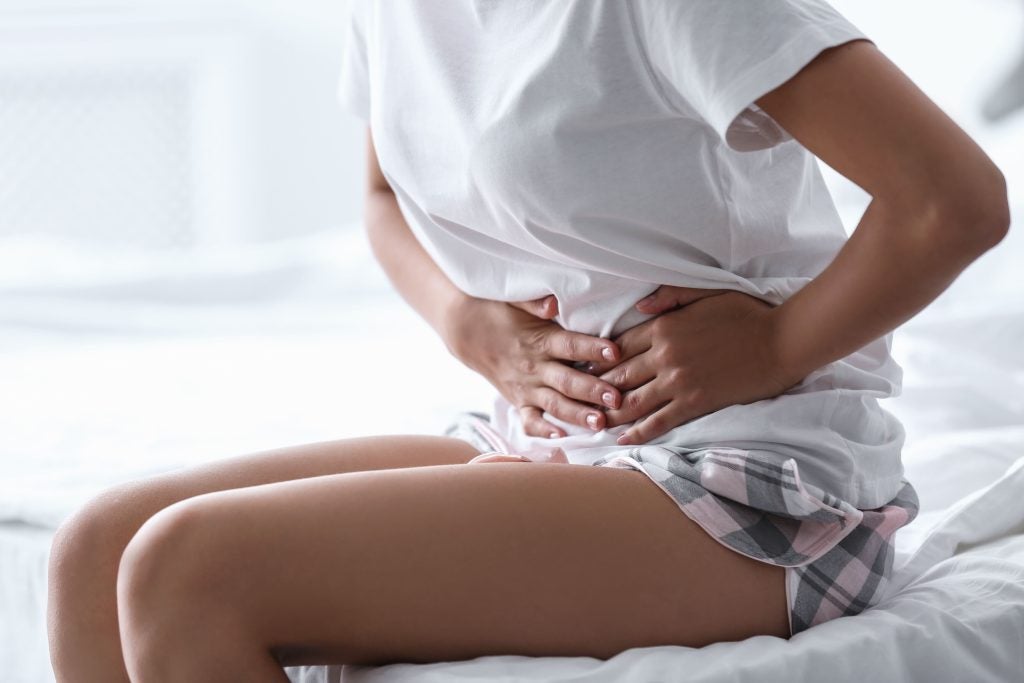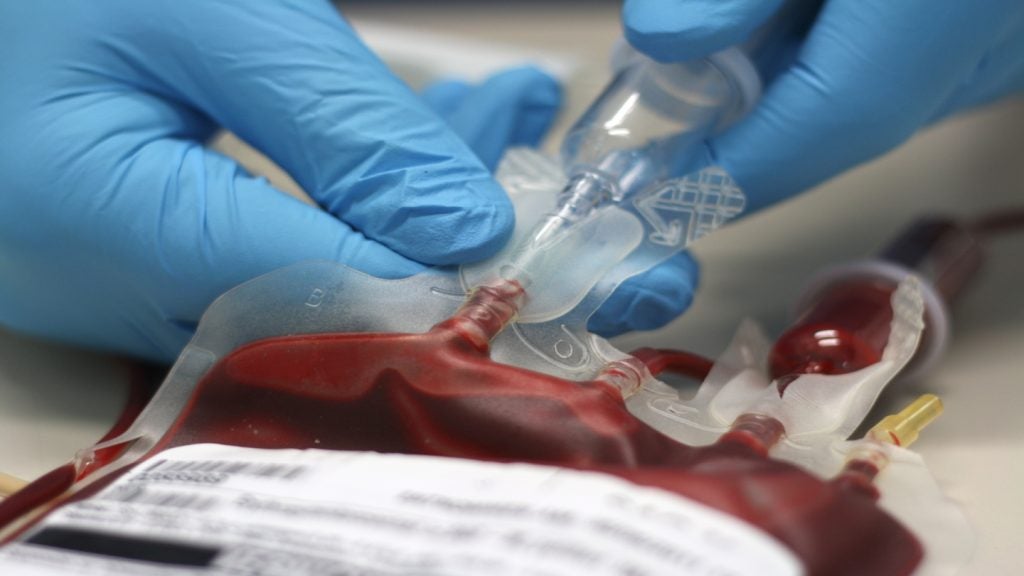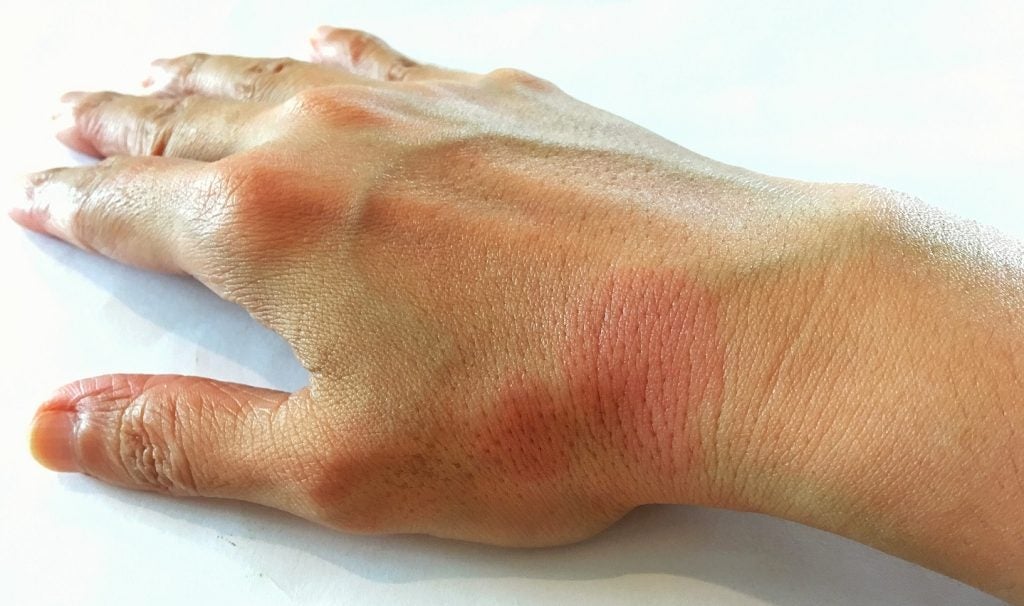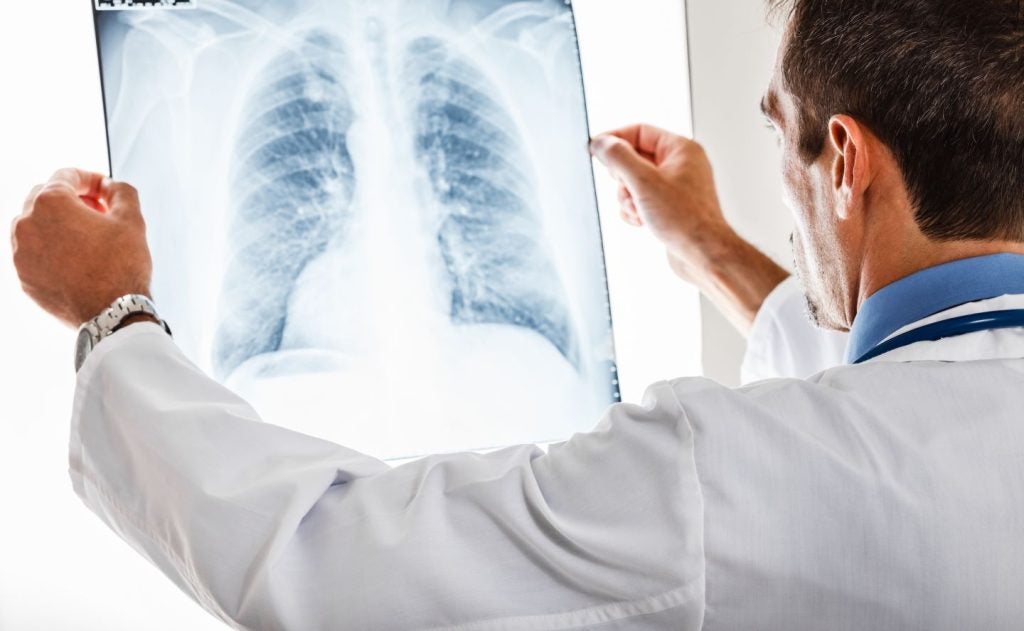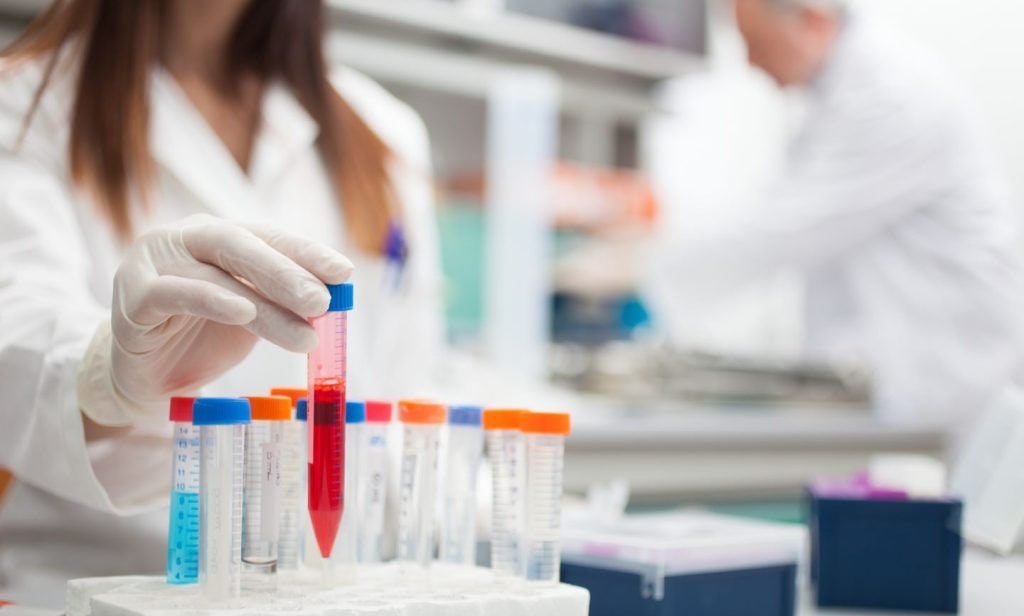Reece Pharmaceuticals has completed the dosing of a cohort of healthy participants in its phase I/II trial evaluating its REECE327 (R327) anti-infective.
The study, which consists of four cohorts each with four participants, will assess R327 at different doses, intravenous infusion times, and concentrations. The primary endpoint of the trial is the safety and tolerability of R327.
The Australia-based pharma company said recruitment for the next cohort is already underway, as it looks to use data to inform a Phase II trial. The Phase II trial will evaluate the potential of R327 as a frontline treatment for patients with urinary tract infections (UTIs) or urosepsis. UTIs and urosepsis are usually a result of bacteria entering the urinary tract.
Reece specialises in developing anti-infective drugs in what it says are needed to address antibiotic-resistant superbugs and viral pathogens.
The company’s pipeline includes three synthetic polymer anti-infectives. R327 is joined by R435 and R529 for the treatment of bacterial and viral infections respectively.
R327 was awarded Qualified Infectious Disease Product designation by the US Food and Drug Administration (FDA). The drug was labelled for fast-track designation and could be in line for 10 years of market exclusivity if approved.
Antibiotic resistance is increasing, with rising concern in healthcare highlighting the need for novel treatments. The topic was discussed at the recent World Economic Forum Meeting 2024, with calls for innovative, alternative therapies.
Some healthcare organisations, like England’s National Health Service (NHS), have started introducing new pricing models to lure big pharmaceutical companies away from volume-based sales to tackle antimicrobial resistance.
Reece’s CEO James Graham said: “Completing dosing of our latest cohort marks another milestone in our journey toward advancing R327 as a potential frontline treatment for patients with UTIs or urosepsis.”


